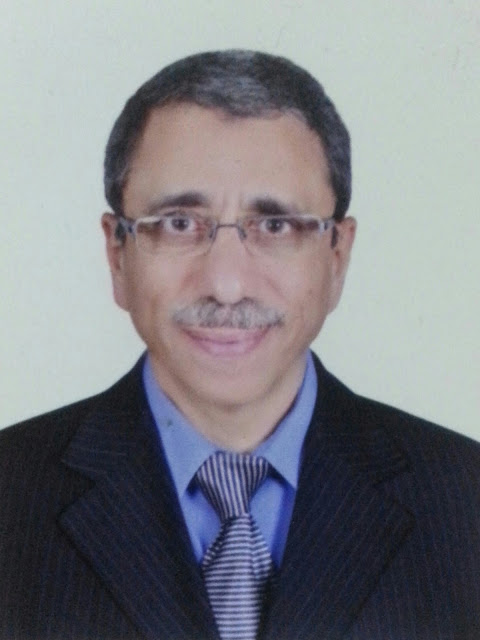Background: various disorders in the nasal cavity and paranasal sinuses, can affect the resonance of nasal passage way and result in a perceptual change in the quality of the nasal sound, called nasality, nasalance can theoretically vary from 0% (no sound fro the nose) to 100% (all the sound from the nose).
Patients and Methods: this study included 45 patients with different causes of nasal obstruction, their voice were evaluated pre and 4 weeks post operatively by: subjective self scoring, auditory perceptual assessment (APA) by professional phonitician, acoustic analysis by multi dimensional voice program (MDVP), aerodynamic evaluation , and measurement of nasalance score.
Results: both subjective and objective assessment by APA, improved postoperatively, we demonstrated a significant change in noise to harmonic ratio (NHR) on acoustic analysis, subglottic pressure on aerodynamic studies, and nasalance score for nasal sentence and m sound post operatively.
Conclusion: the effect of nasal surgery on voice is evident subjectively and objectively on some parameters of acoustic and aerodynamic analyses, the most noticeable improvement is in the nasalance score, this is attributed to improved nasal patency.

